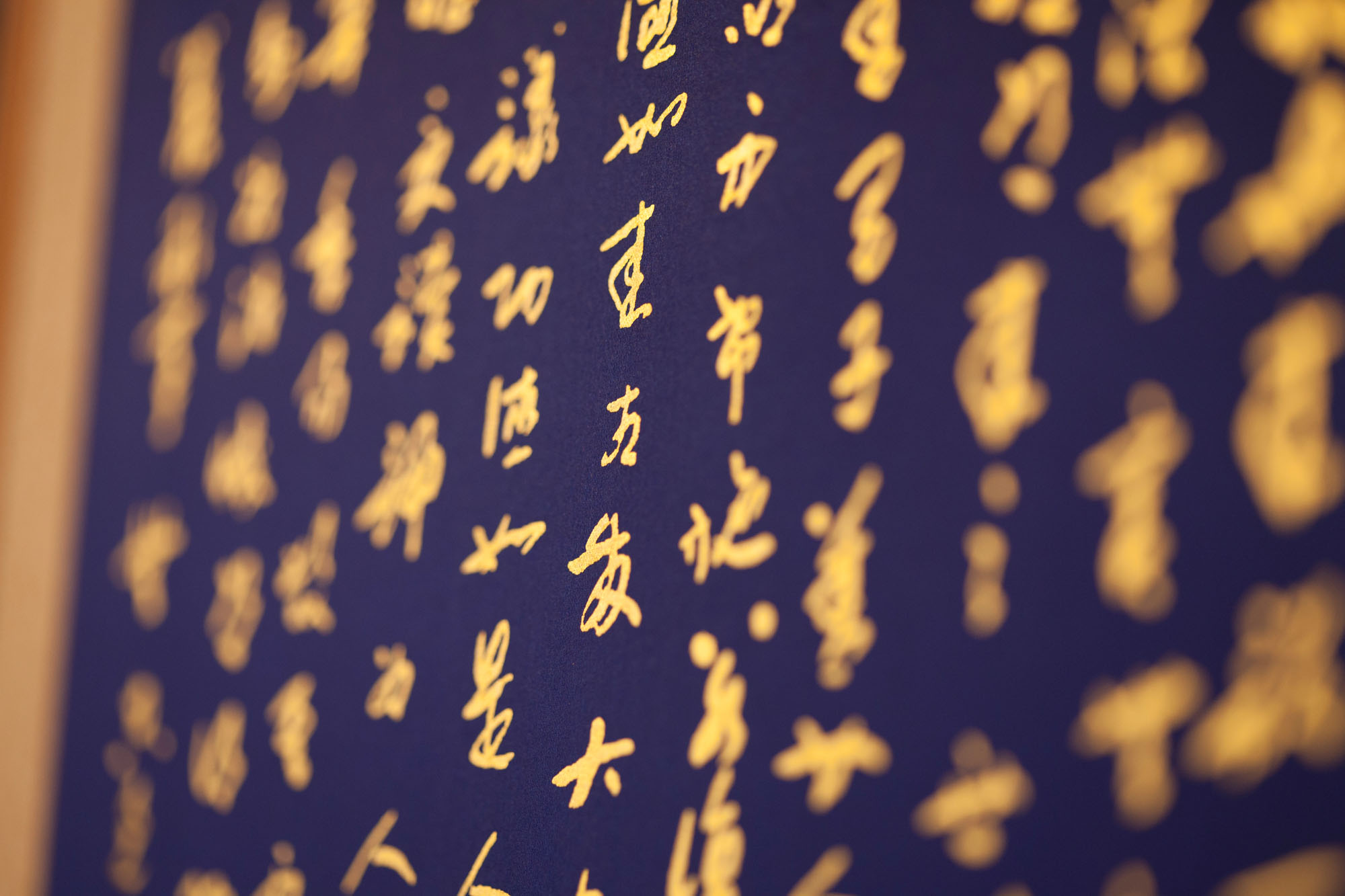Kong-ans (Ch.: kung-an, Jap.: koan, meaning “public case”) have their origin in the records of encounters between Zen practitioners in ancient China.
An important part of kong-an practice is the private exchange between teacher and student wherein the teacher checks the student’s grasp of the point of the kong-an. Kong-ans are probably best known for the unusual, seemingly non-rational quality of their questions, language and dialogues, and are not meant to be studied, analyzed or approached conceptually. The kong-an is an experiential tool that helps us cut through our thinking so that we can just perceive and function clearly. It is an essential part of Zen practice.
Here’s a famous example:
A monk asked Joju, “Does a dog have Buddha nature?” Joju answered “Mu.”
That’s the kong-an. Then there are questions connected with the kong-an, for example: “Does a dog have Buddha nature?”
Sometimes the kong-an and the question are the same, for example: “The whole universe is on fire; through what kind of samadhi can you escape from being burned?”
Associated with kong-ans are short commentaries, sometimes in the form of poems.
Some kong-ans go back over 1500 years, others are created spontaneously by the teacher right there in the interview room.
Some schools recommend using the kong-an as the single-pointed focus of meditation. This is not our style. Our kong-an practice has two functions: it helps us keep the correct direction of our practice—only don’t know—and it helps our wisdom to grow. The kong-an will often come up naturally during practice and in our life, so there is no need to make a special effort to hold it. Don’t worry about this. If we practice sincerely, the kong-an interview will take care of itself.
There is a form to use in the interview room, involving bows and prostrations. The teacher will help you through it your first time, and as many times as you need afterward.
Adapted from the Kansas Zen Center website
Further reading about kong-ans:
Zen Master Seung Sahn’s Twelve Gates
Interview with Zen Master Seung Sahn about Kong-Ans
Kong-An Workshop with Zen Master Soeng Hyang and Zen Master Bon Yeon




